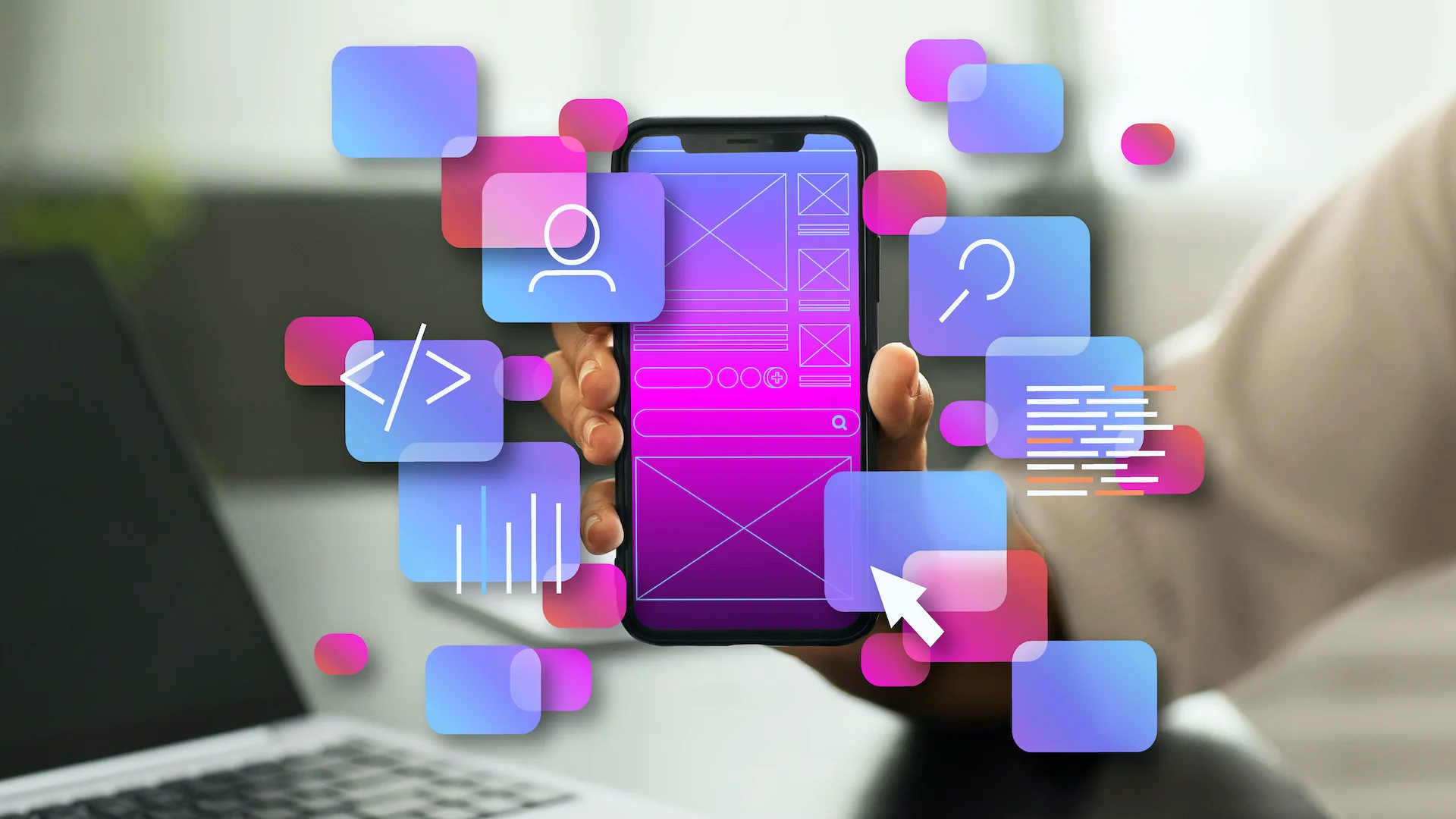As technology continues to evolve, mobile apps are becoming smarter, faster, and more versatile. App Developers and businesses alike must stay ahead of emerging trends to create apps that resonate with modern users. In 2025, several key trends are set to dominate the mobile app development landscape. From 5G integration to blockchain, these advancements promise to redefine how we interact with mobile apps.
1. The Rise of 5G Integration
With the widespread adoption of 5G networks, mobile apps will benefit from ultra-fast internet speeds and reduced latency. This will enable developers to build apps with richer features, such as seamless video streaming, real-time gaming, and enhanced AR/VR experiences. 5G will also pave the way for more reliable IoT connectivity, allowing apps to control smart devices with unprecedented precision.
2. Augmented Reality (AR) and Virtual Reality (VR) Take Center Stage
AR and VR technologies are no longer limited to gaming—they are becoming integral to various industries. In 2024, mobile apps will increasingly incorporate AR and VR for e-commerce (virtual try-ons), real estate (virtual property tours), and education (immersive learning environments). These technologies provide users with engaging and interactive experiences that elevate the functionality of mobile apps.
3. Blockchain for Enhanced Security and Transparency
Blockchain technology is set to revolutionize mobile app security and transaction management. Apps will leverage blockchain for secure payment processing, decentralized data storage, and transparent supply chain tracking. Blockchain’s ability to ensure tamper-proof data will make it a key component for industries like finance, healthcare, and logistics.
4. IoT Connectivity Expands Further
As IoT devices become more prevalent, mobile apps are playing a crucial role in managing and controlling connected devices. From smart home systems to industrial IoT solutions, apps will act as central hubs for monitoring and automation. In 2025, expect more apps to integrate advanced IoT features, allowing users to seamlessly interact with their devices.
5. Wearable Technology Drives Innovation
The popularity of wearable devices, such as smartwatches and fitness trackers, continues to grow. Mobile apps are evolving to provide real-time health monitoring, fitness tracking, and productivity tools tailored for wearables. Developers will focus on creating lightweight, responsive apps that sync seamlessly with these devices, enhancing user experiences.
6. AI-Powered Personalization Becomes the Norm
Artificial intelligence (AI) and machine learning (ML) are powering highly personalized user experiences. Mobile apps in 2024 will use AI to analyze user behavior and preferences, delivering tailored recommendations and features. From content curation in streaming apps to predictive analytics in health and finance apps, personalization will drive user engagement and retention.
7. Eco-Friendly and Sustainable App Development
Sustainability is becoming a priority for developers and users alike. Apps will integrate features like carbon footprint tracking, energy-saving modes, and eco-friendly practices. Businesses will also adopt greener development processes to align with global sustainability goals.
8. Super Apps Continue to Gain Traction
Super apps, which combine multiple functionalities into a single platform, are gaining popularity worldwide. In 2024, more businesses will explore creating super apps to offer diverse services, from messaging and payments to e-commerce and on-demand services, all in one app.
9. Low-Code and No-Code Development Expands
The demand for faster app development is driving the adoption of low-code and no-code platforms. These tools empower businesses to build apps with minimal coding, making app development more accessible and cost-effective. In 2024, expect more businesses to leverage these platforms for rapid prototyping and deployment.
10. Focus on App Accessibility and Inclusivity
As awareness of accessibility grows, mobile apps in 2024 will prioritize inclusive design. Features such as voice navigation, text-to-speech, and adaptable interfaces will ensure apps are usable by people with disabilities, providing an equitable user experience for all.
Conclusion
The mobile app landscape in 2024 is set to be shaped by cutting-edge technologies like 5G, AR/VR, blockchain, and IoT. As developers embrace these trends, apps will become more immersive, secure, and efficient than ever before. Staying updated with these advancements is essential for businesses looking to create apps that stand out in a competitive digital market. By leveraging these trends, businesses can build apps that not only meet user expectations but also set new benchmarks for innovation.

